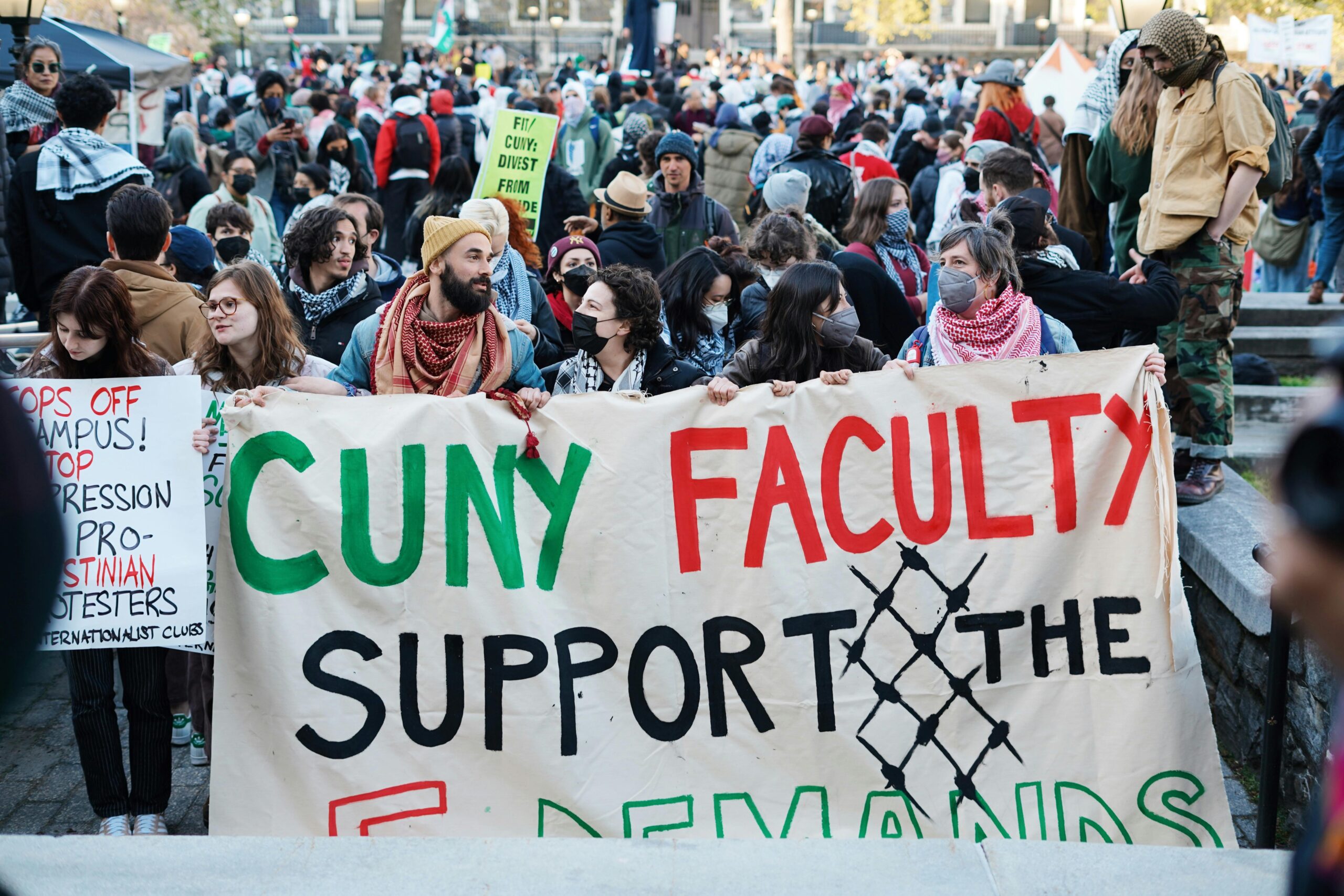By Alisa Bodner
Reviewing: “State of Halakha: Israel’s History in Jewish Law” by Aviad Tabory. Maggid Books. 2023. English. Hardcover. 304 pages. ISBN-13: 978-1592645534.
Does an individual who dwells in a Negev village that lies outside the biblical borders of Israel observe one or two days of chag? Is a soldier permitted to drive a tank on Shabbat during non-war times? What does halakha say about targeting civilians in an enemy war zone?

According to Rabbi Aviad Tabory, the establishment of the State of Israel in 1948 demanded an entirely new approach to halakha to respond to the timely challenges relating to government, sovereignty, wartime ethics and other subjects that had not been discussed in halakhic circles for over 2,000 years. His work “State of Halakha: Israel’s History in Jewish Law,” produced by Koren Publishers Jerusalem, examines the religious quandaries that emerged with the establishment of Israel and outlines the various responsa of modern rabbinic authorities to these dilemmas.
Rabbi Tabory has spent 18 years teaching Talmud and Halakha at Yeshivat Eretz HaTzvi in Jerusalem. For many years he has taught post-high school students from around the world about the religious significance as well as the halakhic implications of the return to the Land of Israel in the modern era. A self-proclaimed “passionate religious Zionist,” he decided to put his teachings into writing in order to share the message that “we are living in biblical times” with a much larger audience.
In the chapter on the halakhic implications of Yom Ha’atzmaut, Rabbi Tabory presents various opinions on when Hallel should be recited when the holiday is moved earlier in the month due to a conflict with Shabbat. He quotes modern figures such as Chief Rabbi Shlomo Goren and Rabbi Yaakov Ariel who relied on precedents in the Talmud—including a ruling on when the Megillah should be read when Purim falls on Shabbat—to determine the law. Today the custom is to recite Hallel on the day Yom Ha’atzmaut is observed, even if it is celebrated earlier.
Another example is the halakhic response to hostage situations. The Mishna discusses the scenario of captives in the context of individuals held hostage in return for ransom during peacetime. However, in modern times, hostage situations are carried out in the context of acts of terror or war and introduce a new consideration of potential dangers in the future as a result of emboldening the hostage takers. Rabbi Tabory cites various scholars who weigh in on this halakhic challenge of dealing with hostages on a state level, which does not have a direct precedent in the Talmud.
“We did not have to deal with a Jewish State for 2,000 years,” said Rabbi Tabory. “Returning to Israel after two millennia requires us to challenge the way we treat certain halakhic matters. We cannot use the same scenarios that were used with individual communities in Morocco or Poland 500 years ago when dealing with the Jewish State. It’s a different responsibility.”
The book also pays tribute to the modern rabbinic scholars, whom Rabbi Tabory dubs “true heroes,” who redefined and created a new approach to halakhic concepts on issues that have confronted the Jewish State since its inception.
Though a native Hebrew speaker, Rabbi Tabory chose to write this work in English to make these teachings available to a wider group of people who are not fluent in Hebrew. He also wanted his own English-speaking students to be able to fully grasp these teachings. The book has since been translated into Hebrew by Yeshivat Har Etzion, but is yet to be published.
Koren Publishers Jerusalem publisher Matthew Miller explained why it is so important that this work is accessible to an English-speaking audience. “‘State of Halakha’ is vital for the exploration of halakha not only in Israel but in the Diaspora as well. The topics discussed in this book show the revolutionary times we live in and help to explore the new halakhic implications of having our own state. For Jews all around the world, the fascinating cases examined in this book attest to the continuing need for thoughtful and faithful halakhic responses to the dramatic events taking place in the Jewish homeland.”
Rabbi Tabory hopes that by examining the different historical events and corresponding halakhic rulings presented in his book, his readers will gain a deeper appreciation for the miracle of the Jewish people’s return to the Land of Israel. He added: “For thousands of years Jews prayed to live in these times and here we are, living in these times. Sometimes we don’t realize we are living in this miracle, but we need to help this miracle called Israel to flourish and to connect the state to the values of the Torah.”
Alisa Bodner is a Fair Lawn native who immigrated to Israel a decade ago. She is a nonprofit management professional who enjoys writing in her free time.












